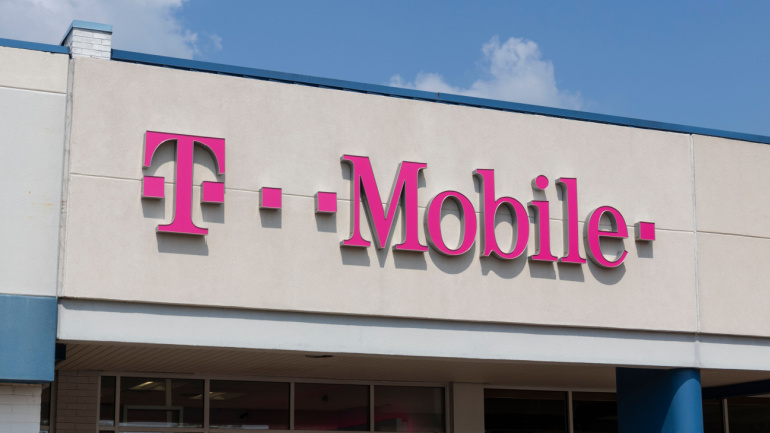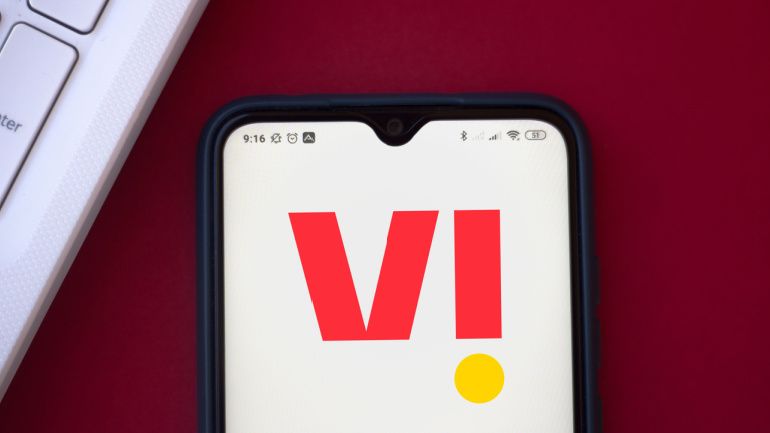T-Mobile US, a significant player in the US telecommunications industry, has maintained its leadership position in customer growth in 2023, despite a notable decrease compared to its previous year’s performance. The company, which recently revealed its annual and quarterly financial results, continues to outpace its main competitors, AT&T and Verizon, particularly in the postpaid mobile customer segment.
In a groundbreaking move, T-Mobile, known as the Un-carrier, has achieved a significant milestone by completing the world’s first six-carrier aggregation call using sub-6 GHz spectrum on its operational 5G network. Collaborating with industry leaders Ericsson and Qualcomm Technologies, Inc., T-Mobile reported astonishing speeds exceeding 3.6 Gbps during the test, showcasing its commitment to pushing the boundaries of wireless technology.
In collaboration with Ericsson and Qualcomm, T-Mobile, renowned as the ‘uncarrier,’ has undertaken a groundbreaking 5G standalone (SA) test, showcasing the potential of its millimeter-wave (mmWave) spectrum. The test utilized an impressive eight channels, achieving a peak download speed of 4.3 Gbps, with uplink channels combining to reach 420 Mbps.
This saga involving T-Mobile’s massive $23 billion merger takes a fresh twist as the company is pushed into the spotlight over allegations of anti-competitive activities. Seven complainants allege that the consolidation of the mobile space resulted in AT&T and Verizon hiking their prices. With these lawsuit-triggered questions featuring at the heart of the upcoming Connected America conference, the telecom industry braces itself for this landmark case’s outcomes.
Dish’s recent announcement differentiates them as the first operator to amalgamate both 2 uplink and 4 downlink 5G carriers, reaching compelling speeds with such configuration. Despite skepticism around Open RAN’s performance, Dish continues to silence critics and signifies an exciting possibility for future network builds.
Denmark’s leading telecommunication firm, TDC, is performing an internal review after fears of overleverage and slipping cash flow puts its credit rating at risk. The investigation is in early stages, with outcomes and possible transactions still unclear. However, TDC’s majority stakeholder, Australian firm Macquarie, will be watching closely. Despite a strategic split into separate business units last year aimed to accelerate growth, both have shown mixed financial results. Amidst increasing competition, TDC’s future is set against the backdrop of evolving telecommunications business models and industry debates.
Vodafone Idea recently dismissed rumors of a possible acquisition by a U.S. telecoms giant, causing industry analysts to prod for the hidden undertones. Some speculate that Vodafone’s denial opens the door for unnamed contenders, as the company strives toward recovery. This intrigue has elevated share prices, indicating a potential deal. Yet, the evidence behind these speculations remains elusive. Stay with us for more revelations.
In a bold move set to enhance its spectrum capabilities, T-Mobile US is poised to acquire Comcast’s 600 MHz frequencies, in a deal worth up to $3.3 billion. With 39 million subscribers potentially impacted, this decision reconfirms T-Mobile’s commitment to streamlining its 600 MHz range, especially in key US cities. It’s worth noting that despite the ambitious agreement, Comcast retains the rights to exclude any licenses before completion. The deal serves both parties well, promising to augment T-Mobile’s already substantial frequencies and refresh Comcast’s spectrum focus on high traffic areas.
Telecom equipment expenditure in North America experienced an unexpected downturn in the first half of this year. Despite global telecom hardware revenues remaining steady, North America’s marked decline significantly impacted the total number. In contrast, other markets, particularly Asia-Pacific, showed robust growth. The reasons behind North America’s decline extend to slowing 5G expenditure and reduced spending on broadband access equipment. Looking ahead, no major global alterations are anticipated, though the volatility of the telecom industry hints at potential changes.
Elevated expectations surround the fixed wireless customer premises equipment (CPE) market, largely fueled by an upsurge in 5G device development. Recent data indicates over twofold growth in 5G FWA CPE shipments, predicting a robust growth of 86% in 2023. However, the fluctuating sample size in the annual survey calls for a prudent interpretation of these statistics. As the data suggests, 5G devices are set to dominate the market, with a projected rise from 29% to 40%. The swift expansion of battery-powered pocket routers promises a solid growth in the overall FWA CPE shipments, with telcos driving 77% of the market. The United States leads in leveraging the 5G technology, promising extraordinary industry advancement.













